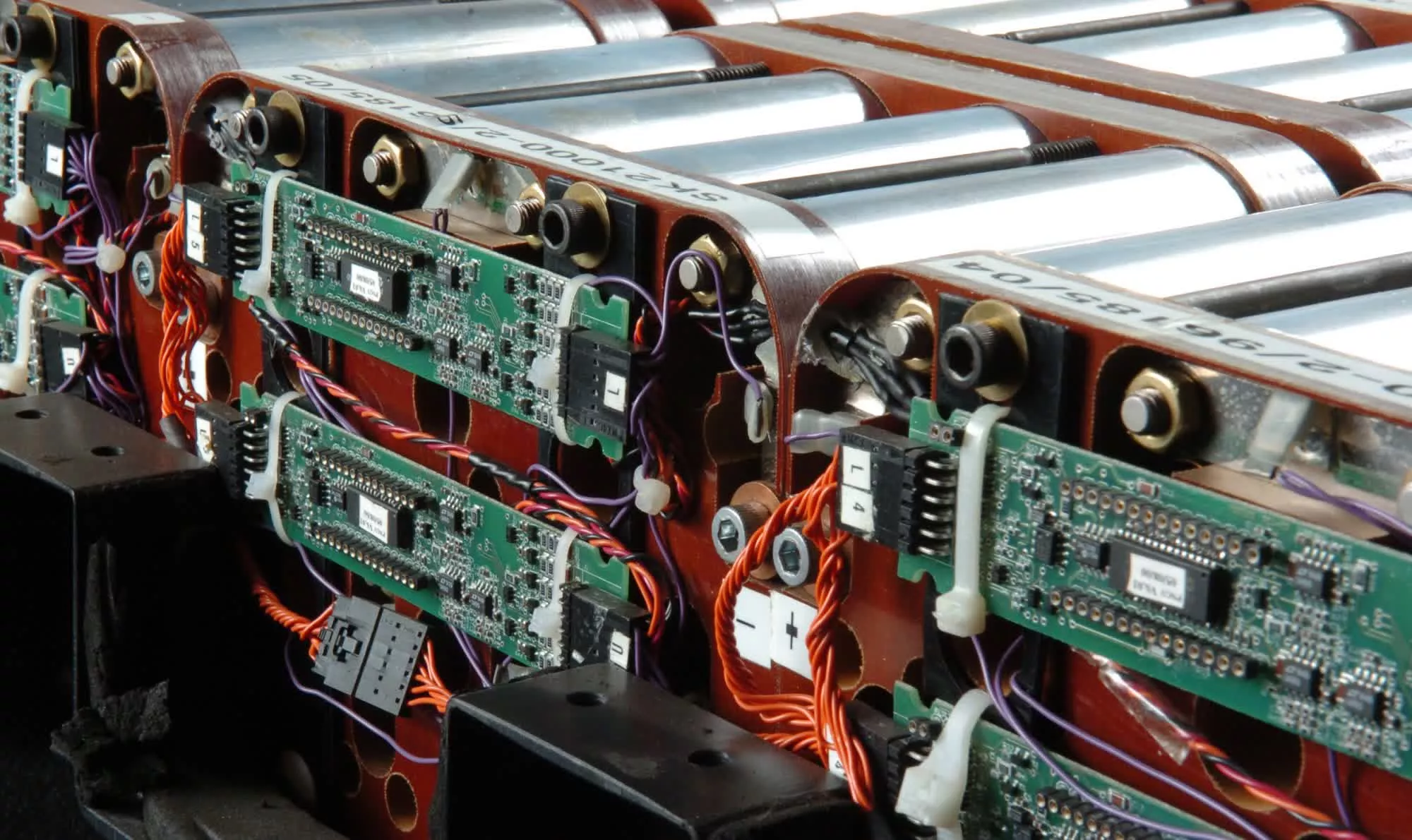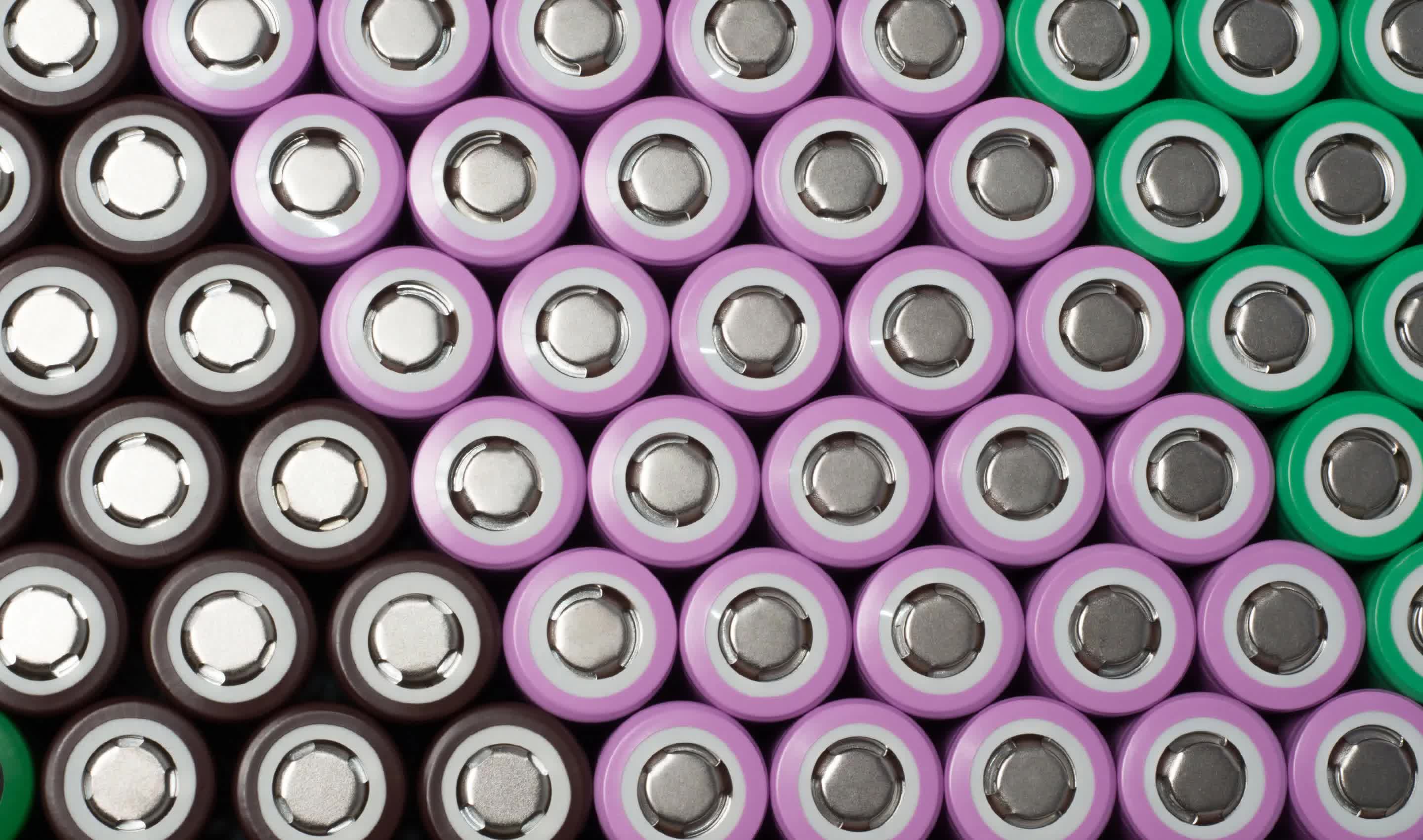In brief: If you're someone who uses gadgets until every drop of life has been squeezed out of them, then this battery tech might be right up your alley. A Chinese research team has devised a clever way to effectively give depleted batteries a new lease of life by replenishing their lithium supply. The only catch is that, for now, it will likely only be practical for industrial-scale applications such as grid energy storage systems.

First, some context on why batteries degrade. Lithium-ion battery aging is primarily influenced by the growth of the Solid Electrolyte Interphase (SEI) layer on the anode, which consumes lithium ions and increases resistance. Over time, this, along with electrode degradation and electrolyte breakdown, reduces the battery's capacity.
The usual solution is to replace the battery. However, researchers have investigated a clever alternative: injecting fresh lithium directly into the depleted cells to make up for what was lost over time.
To achieve this feat, they used AI and organic electrochemistry to create a special lithium-containing compound that releases its lithium payload when hit with the right voltage conditions inside a battery. Another benefit is that the reaction produces gaseous byproducts that can easily vent out, clearing the way for the new lithium.

Using this technique, the researchers were able to almost completely restore the capacity of a heavily degraded lithium iron phosphate battery that had lost 15% of its charge. Overall, they believe that lithium-ion batteries could potentially extend their lifespan to 12,000 – 60,000 cycles before reaching their limit.
There are a few caveats here, though. For one, the re-lithiation process requires specially designed batteries that allow pumping in the lithium slurry. This requires additional space and increases complexity compared to a standard sealed unit.
It's also unclear if all this would work as well on the lithium-ion batteries used in consumer devices like phones and laptops, which rely on different lithium chemistries that may not work as well using this approach.
Still, for large-scale utility storage installations where maximizing the return on costly battery packs is essential, having a lithium replenishment option could not only reduce costs but also benefit the environment.
The complete findings can be found in the scientific journal Nature.
Scientists discover way to revive batteries by injecting fresh lithium